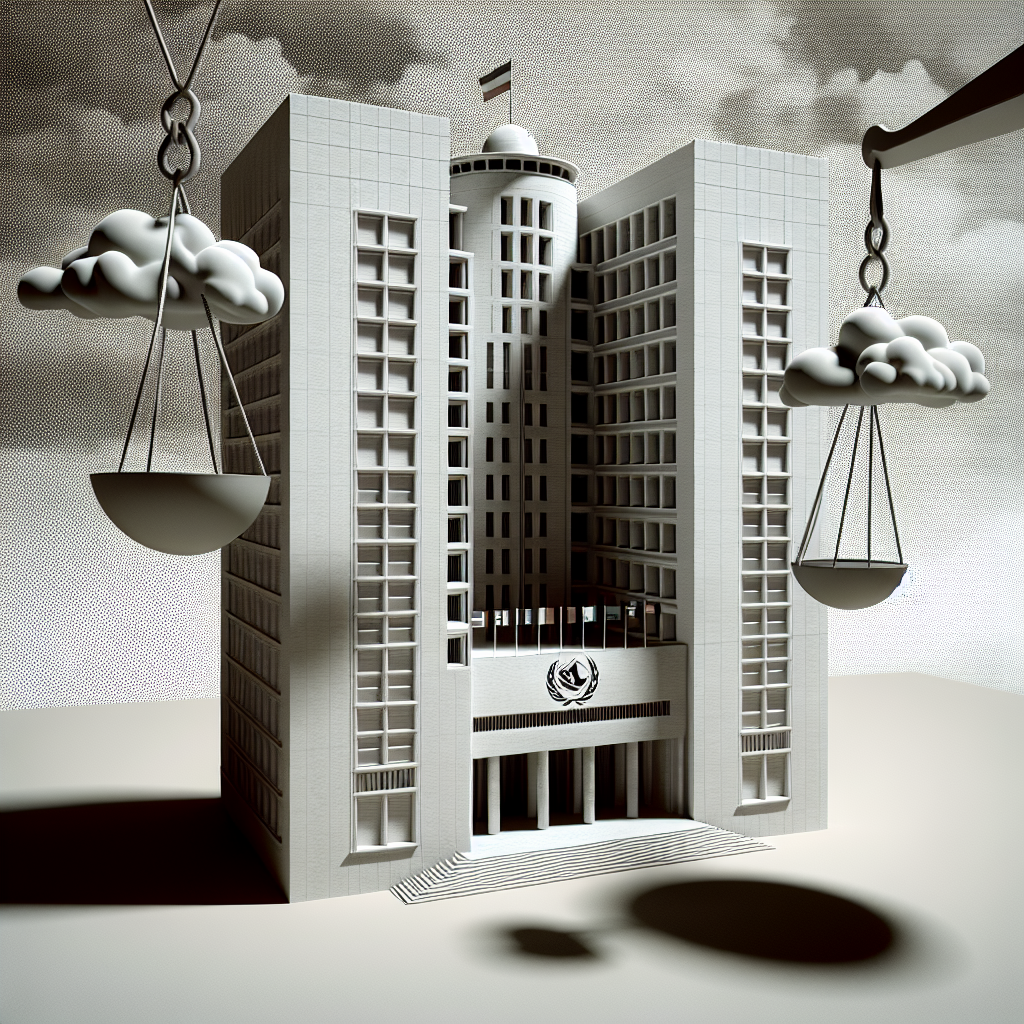The International Criminal Court: A Noble Concept Facing Challenges
The International Criminal Court: A Noble Concept Facing Challenges
Introduction to the ICC
The International Criminal Court (ICC) was established to prosecute individuals for crimes such as genocide, war crimes, and crimes against humanity. It represents a significant step towards global justice and accountability.
Core Objectives of the ICC
- Ensure accountability for the gravest crimes.
- Provide justice for victims and survivors.
- Act as a deterrent to future atrocities.
- Promote international peace and security.
Challenges Facing the ICC
Political Pressures
The ICC often faces political interference from powerful nations, which can undermine its independence and effectiveness.
Limited Jurisdiction
The court’s jurisdiction is limited to member states, which excludes some major countries, reducing its global reach and impact.
Resource Constraints
With limited funding and resources, the ICC struggles to conduct thorough investigations and prosecutions, affecting its overall efficiency.
Enforcement Issues
The ICC lacks its own enforcement mechanism, relying on member states to arrest and surrender suspects, which can lead to non-compliance and delays.
Recent Developments
Despite these challenges, the ICC continues to adapt and evolve, seeking to strengthen its role in the international justice system through reforms and increased cooperation with member states.
Conclusion
The International Criminal Court remains a vital institution in the pursuit of global justice. While it faces significant challenges, its foundational principles and ongoing efforts to address these issues highlight its importance in the international community. Continued support and reform are essential for the ICC to fulfill its mission effectively.


















